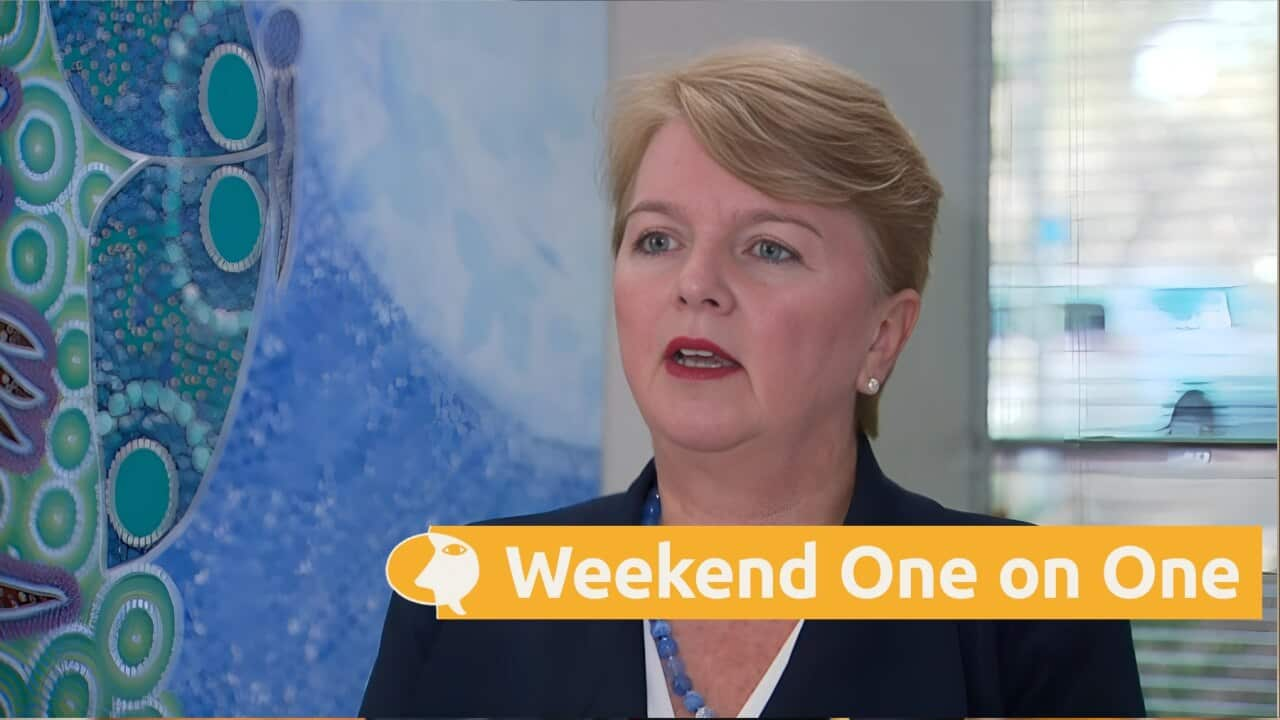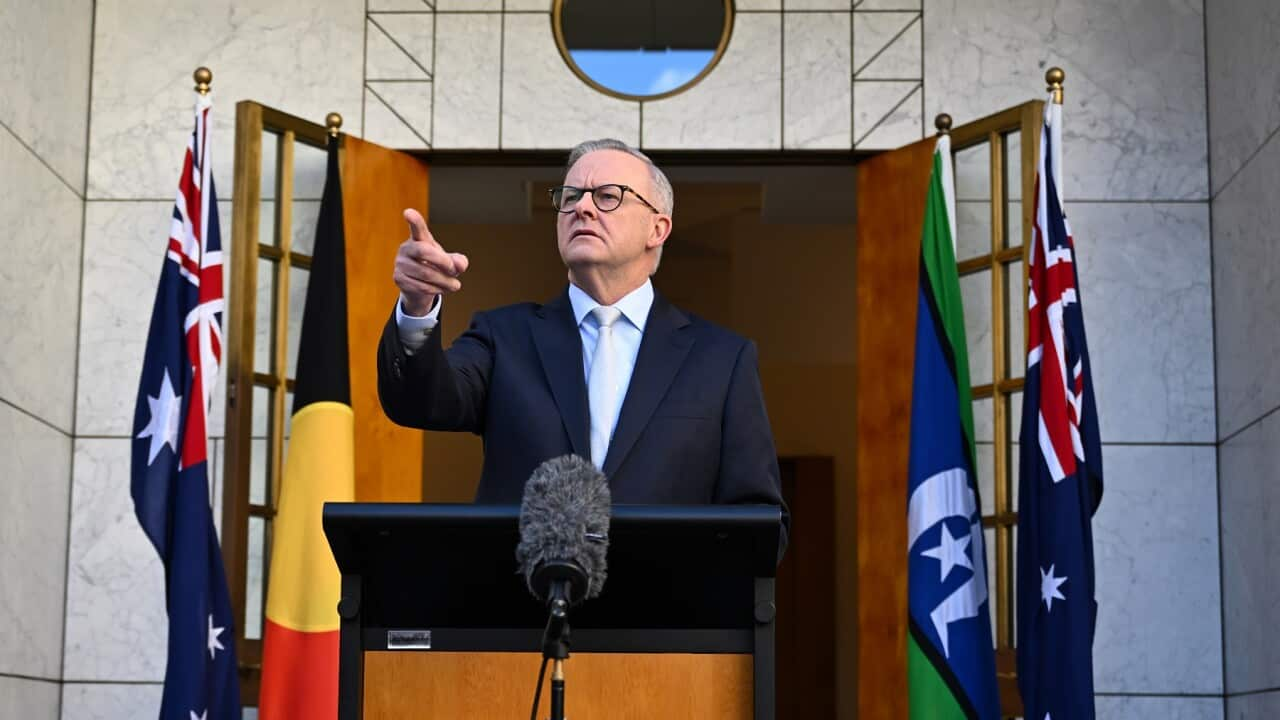TRANSCRIPT
Joal Presincula is a sole parent and a domestic violence survivor.
She and her child have lived through what she describes as 'hidden homelessness'.
“Us mothers, we just like to carry on and just get on with it, so I'd do school drop-off and you'd never know and I'd go and sit in a cafe and you'd never know that I experienced domestic violence and homelessness because of it. We just need the governments to come to the table to catch women who experience domestic violence when they fall.”
Without a stable place to live, Ms Presincula was forced to move around for two and a half years.
“The uncertainty of having nowhere to go, every day. I had a six month old baby, and just the uncertainty of not having anywhere to go, it's traumatic, so homelessness equals trauma and it prolongs the healing process.”
Ms Presincula was among a chorus of voices rallying outside state parliament in Melbourne, demanding action to address what's been described as a national crisis.
Deborah Di Natale is the CEO of the Council to Homeless Persons.
“What we need to do today is highlight to the government that we need to put an end to homelessness. 122,000 people across the country are experiencing homelessness on any given night. What does this look like in real terms? It means that those people are either sleeping on a friend's couch, they are with their children escaping family violence and in their cars, or they are in expensive rooming houses, and in many situations, have no shelter at all and are in public spaces. We need to get a national plan with the federal government and every state and territory government together to put an end to homelessness.”
The Victorian government is rolling out a five billion dollar Big Housing Build program, but Minister for Housing Colin Brooks admits that's not enough.
“We need to do more. We absolutely need to do more. There's a national housing crisis and there's a bill in the senate right now as we speak, that's being negotiated, about building more homes. We're trying to get that funding through Canberra so that we can build even more social housing across the country but importantly here in Victoria.”
Protesters gathered on the steps of parliament house, where 6,000 paper origami homes were placed, representing the extra number of homes advocates say need to be built in Victoria each year to end homelessness.
The event also aimed to shed light on what is undoubtedly a national issue, impacting all corners of the country.
Communities are rallying to the cause.
In Melbourne, the self-proclaimed coffee capital, a barista-led campaign is enlisting cafes around the country to make an impact.
Geoff Hills from StreetSmart Australia, which is driving the initiative, explains how it works.
“Over 700 cafes are all taking part, you can go online and there is a map, and you can find a local participating cafe where cafe-owners are all chipping in a dollar per coffee sold, and what we do is then we scoop all of that money up and we'll be distributing that money out and those donations to local homeless groups.”
While in the tropics, thousands of kilometres away, Anglicare's Cairns accommodation service has opened a fruit and vegetable garden to assist those doing it tough.
They're communities from both cities and regions all giving voice to a national call, to end homelessness completely.













